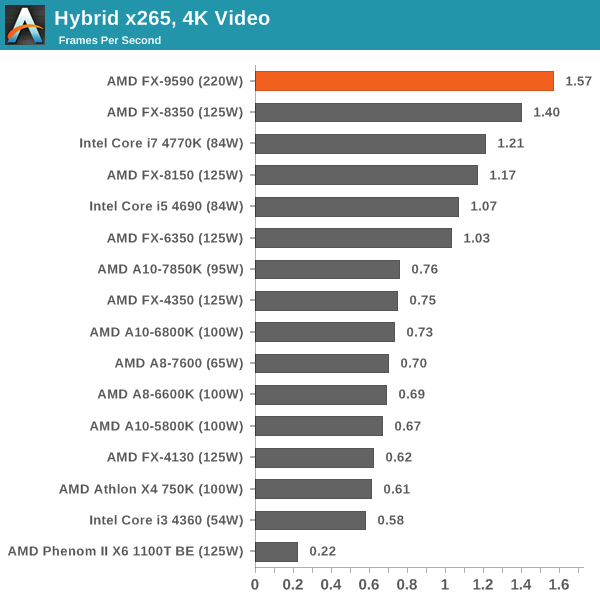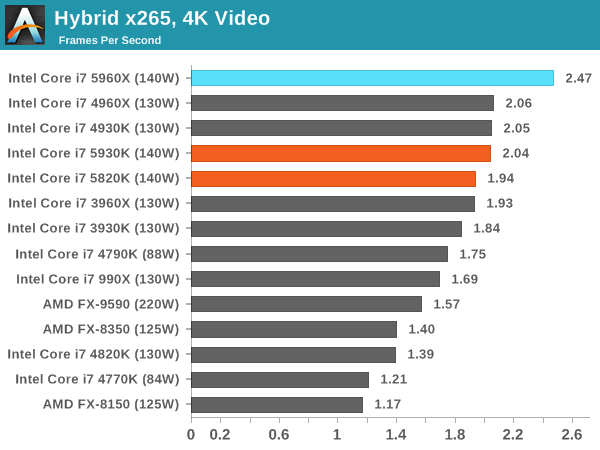I am hoping that since it is an eight"core"(what AMD calls cores anyway) that it will be equivalent to a quad real core.
I plan to do mostly Serpent. Basically just encrypting everything to and from hard drives and am wondering if it will be okay for the task. The price was good, the motherboard and processor were cheaper than an Intel i7 quad core alone, I already have tons of memory for it from previous PC's.
I have just started installing Win 8.1 Pro onto it before I encrypt.
I plan to do mostly Serpent. Basically just encrypting everything to and from hard drives and am wondering if it will be okay for the task. The price was good, the motherboard and processor were cheaper than an Intel i7 quad core alone, I already have tons of memory for it from previous PC's.
I have just started installing Win 8.1 Pro onto it before I encrypt.






